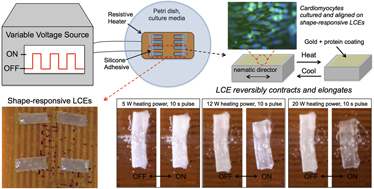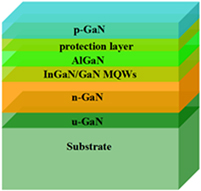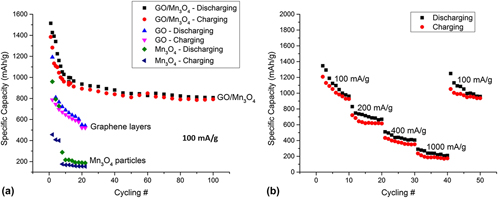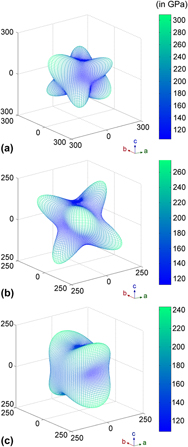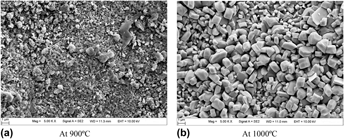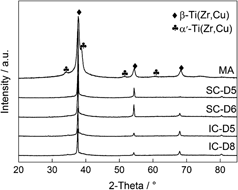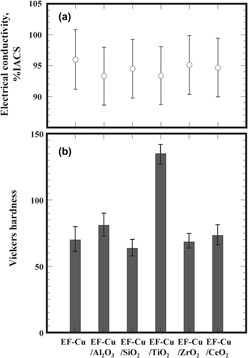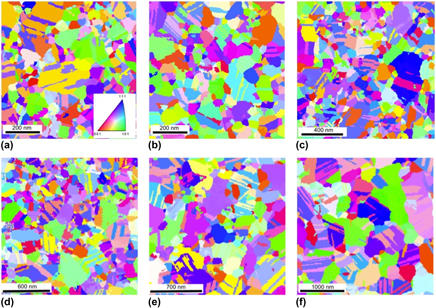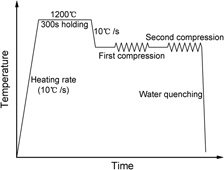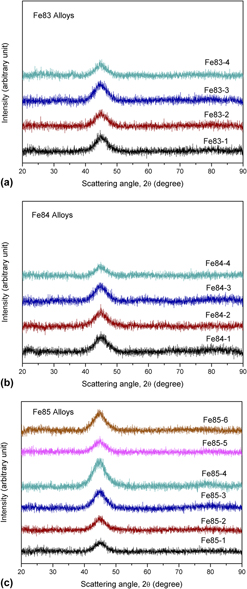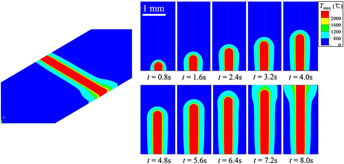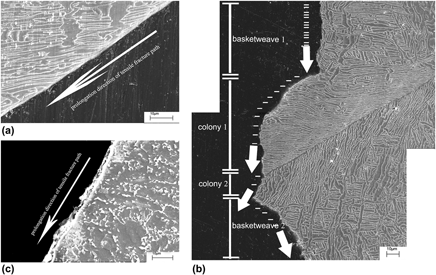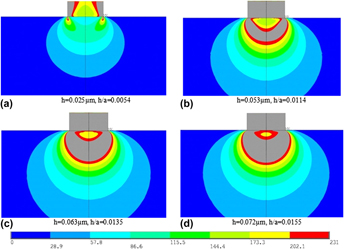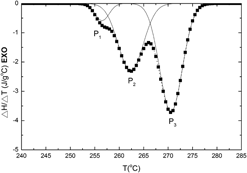Cover: FIG. 1(a). Surface morphology of YT14 substrate. [K. Jun and F. Zhong: Friction and wear behaviors of AlTiCrN coatings by cathodic arc ion plating at high temperatures. p. 503].
Invited Feature Papers
Stimuli-responsive liquid crystal elastomers for dynamic cell culture
-
- Published online by Cambridge University Press:
- 10 February 2015, pp. 453-462
-
- Article
- Export citation
Manipulating oxygen sublattice in ultrathin cuprates: A new direction to engineer oxides
-
- Published online by Cambridge University Press:
- 04 February 2015, pp. 463-476
-
- Article
- Export citation
Articles
Effect of p-GaN layer on the properties of InGaN/GaN green light-emitting diodes
-
- Published online by Cambridge University Press:
- 13 February 2015, pp. 477-483
-
- Article
- Export citation
Coprecipitated 3D nanostructured graphene oxide–Mn3O4 hybrid as anode of lithium-ion batteries
-
- Published online by Cambridge University Press:
- 28 January 2015, pp. 484-492
-
- Article
- Export citation
Theoretical study on crystal structures, elastic stiffness, and intrinsic thermal conductivities of β-, γ-, and δ-Y2Si2O7
-
- Published online by Cambridge University Press:
- 11 February 2015, pp. 493-502
-
- Article
- Export citation
Friction and wear behaviors of AlTiCrN coatings by cathodic arc ion plating at high temperatures
-
- Published online by Cambridge University Press:
- 28 January 2015, pp. 503-511
-
- Article
- Export citation
The influence of different preparation methods on the microstructures and properties of the in situ bulk-metallic-glass-matrix composites
-
- Published online by Cambridge University Press:
- 10 February 2015, pp. 512-520
-
- Article
- Export citation
Electroforming of oxide-nanoparticle-reinforced copper-matrix composite
-
- Published online by Cambridge University Press:
- 03 February 2015, pp. 521-527
-
- Article
- Export citation
Grain size dependence of the twin length fraction in nanocrystalline Cu thin films via transmission electron microscopy based orientation mapping
-
- Published online by Cambridge University Press:
- 10 February 2015, pp. 528-537
-
- Article
- Export citation
Characteristics of metadynamic recrystallization of Nimonic 80A superalloy
-
- Published online by Cambridge University Press:
- 06 February 2015, pp. 538-546
-
- Article
- Export citation
Syntheses and corrosion behaviors of Fe-based amorphous soft magnetic alloys with high-saturation magnetization near 1.7 T
-
- Published online by Cambridge University Press:
- 13 February 2015, pp. 547-555
-
- Article
- Export citation
Pulsed laser induced mechanical behavior of Zircaloy-4
-
- Published online by Cambridge University Press:
- 27 January 2015, pp. 556-565
-
- Article
- Export citation
Influence of direct rolling below β transus and annealing on microstructure and room temperature tensile properties of Ti–6Al–4V plates fabricated by electron-beam melting (EBM)
-
- Published online by Cambridge University Press:
- 10 February 2015, pp. 566-577
-
- Article
- Export citation
Characterization of materials' elasticity and yield strength through micro-/nano-indentation testing with a cylindrical flat-tip indenter
-
- Published online by Cambridge University Press:
- 06 February 2015, pp. 578-591
-
- Article
- Export citation
Isothermal crystallization kinetics of syndiotactic polystyrene exposed to gamma radiation in vacuum
-
- Published online by Cambridge University Press:
- 10 February 2015, pp. 592-601
-
- Article
- Export citation
Front Cover (OFC, IFC) and matter
JMR volume 30 issue 4 Cover and Front matter
-
- Published online by Cambridge University Press:
- 02 March 2015, pp. f1-f5
-
- Article
-
- You have access
- Export citation
Back Cover (OBC, IBC) and matter
JMR volume 30 issue 4 Cover and Back matter
-
- Published online by Cambridge University Press:
- 02 March 2015, pp. b1-b5
-
- Article
-
- You have access
- Export citation


